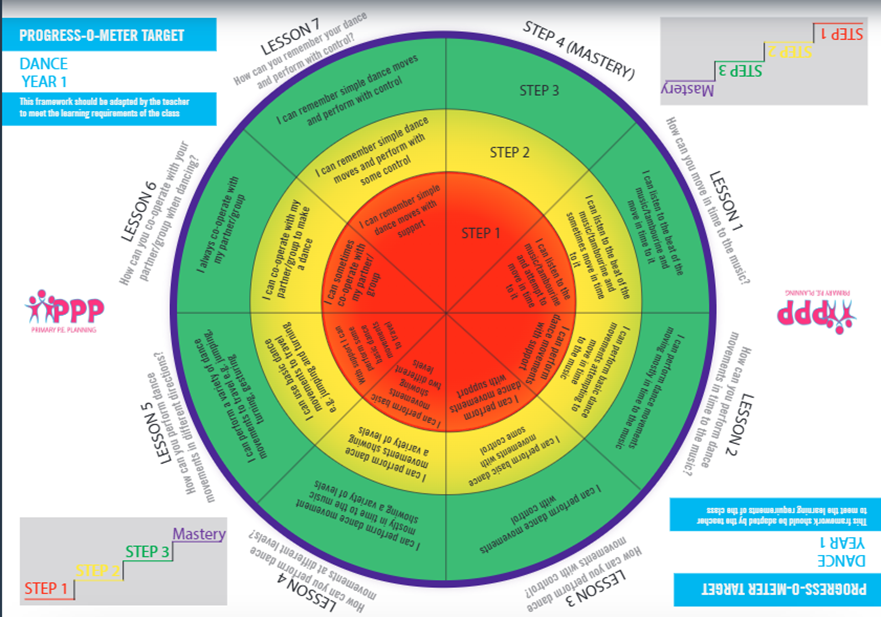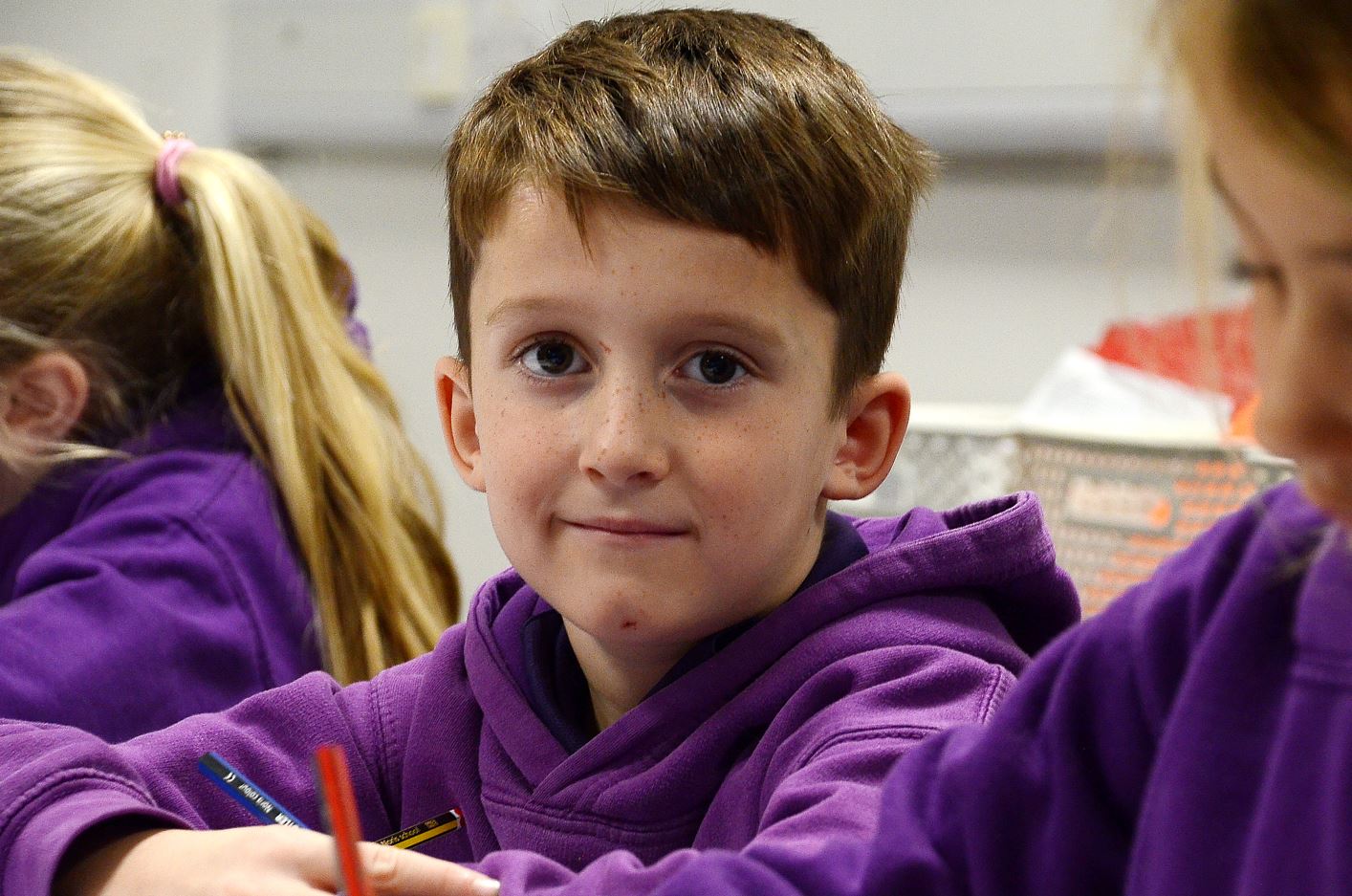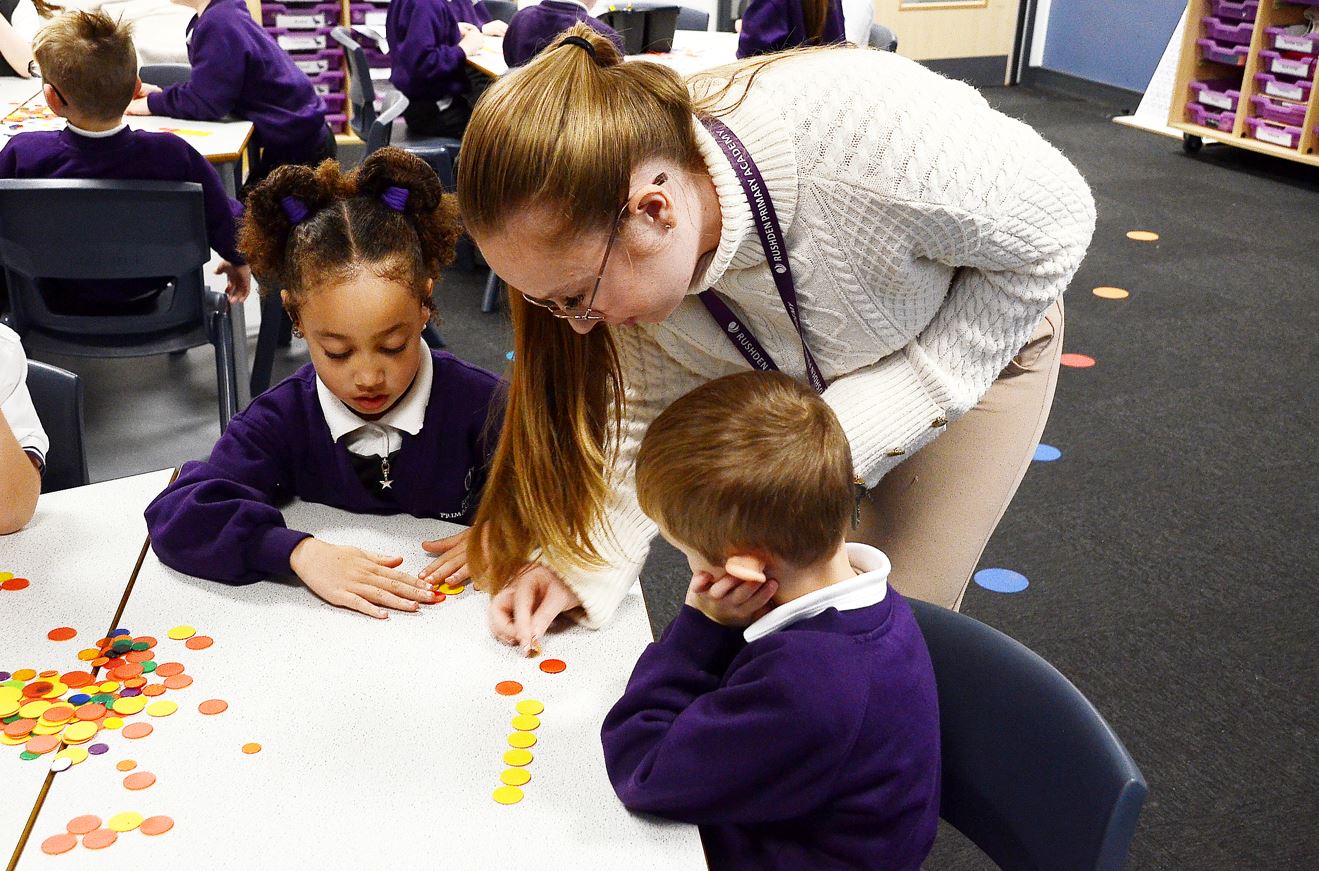Implementation
At Rushden Primary Academy we use the scheme Primary PE Planning. Our lessons consist of two 1-hour sessions per week. One is taught by the class teacher, inside, and the other is delivered by a cover supervisor, outside. To ensure children have a wide range of opportunities, we also partake in events that are hosted by our cluster, Wellingborough and East Northants sports programme, of which some of these activities include football, basketball and inclusive tournaments. A high-quality physical education curriculum inspires all pupils to succeed and excel in competitive sport and other physically-demanding activities. We provide opportunities for pupils to become physically confident in a way which supports their health and fitness. By competing in sporting activities as a school, we help to build on the children’s character and embed values such as resilience, respect and pride.
To help develop the children's skills further, we have adapted the 4-step approach from the Primary PE Planning Scheme. Each step helps to advance their skills to achieve the 'Mastery' level. Each step builds on from the previous.



